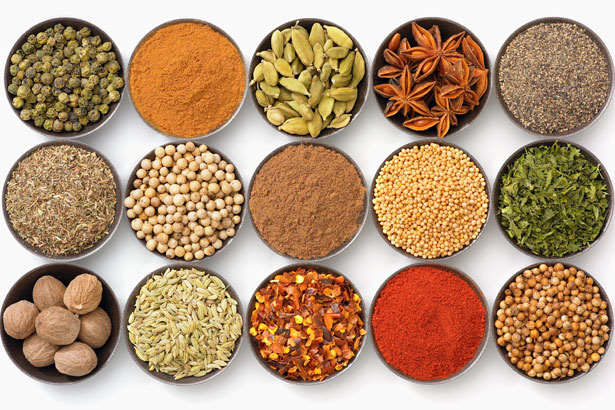
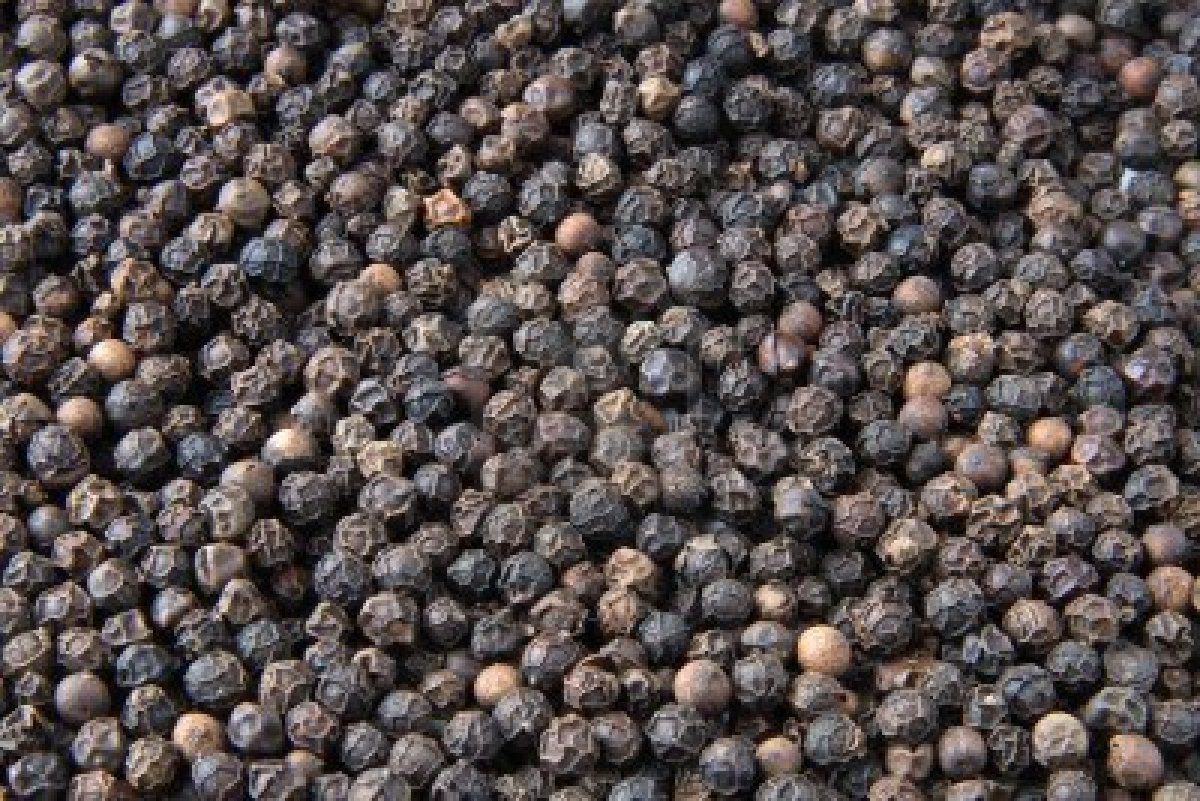
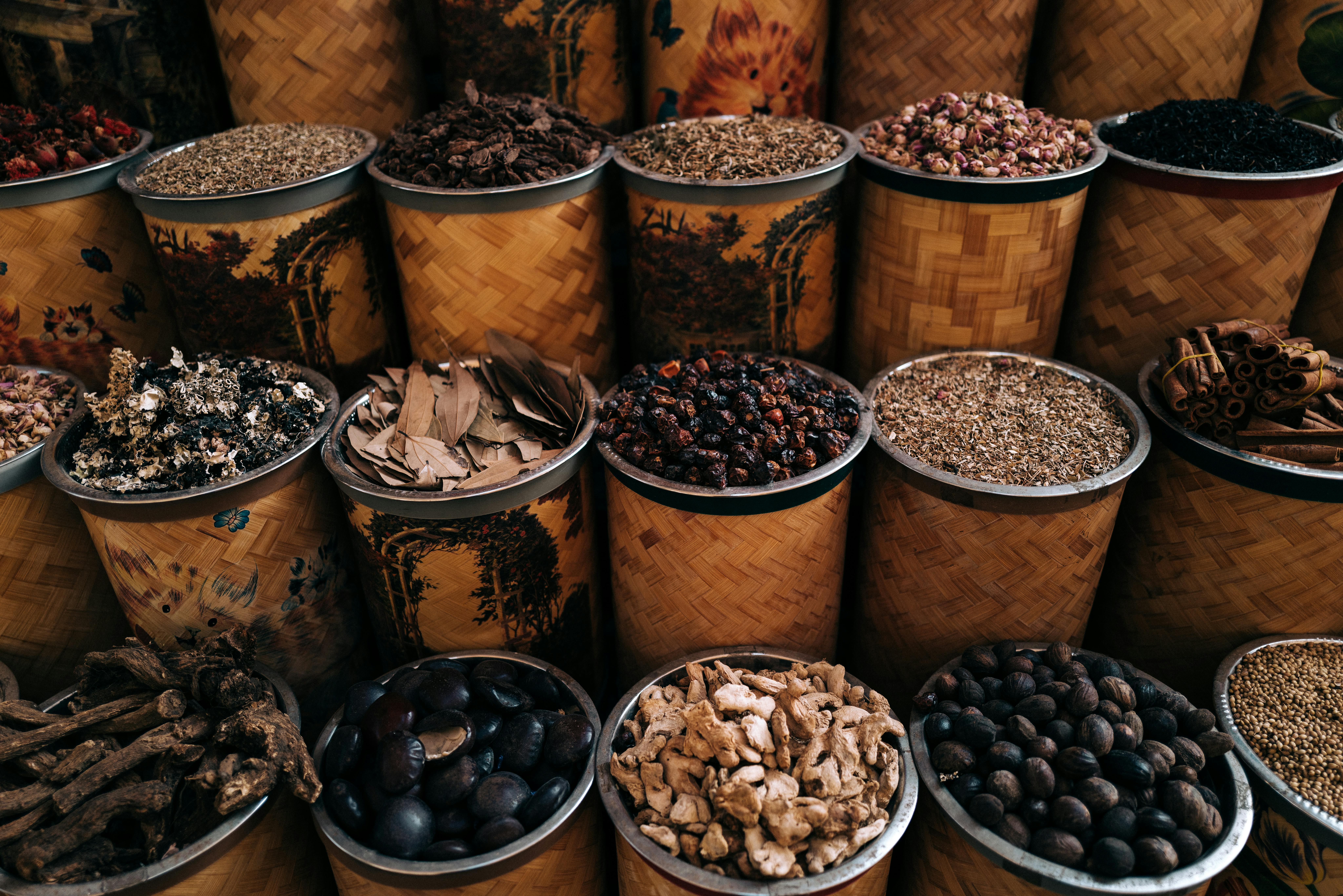
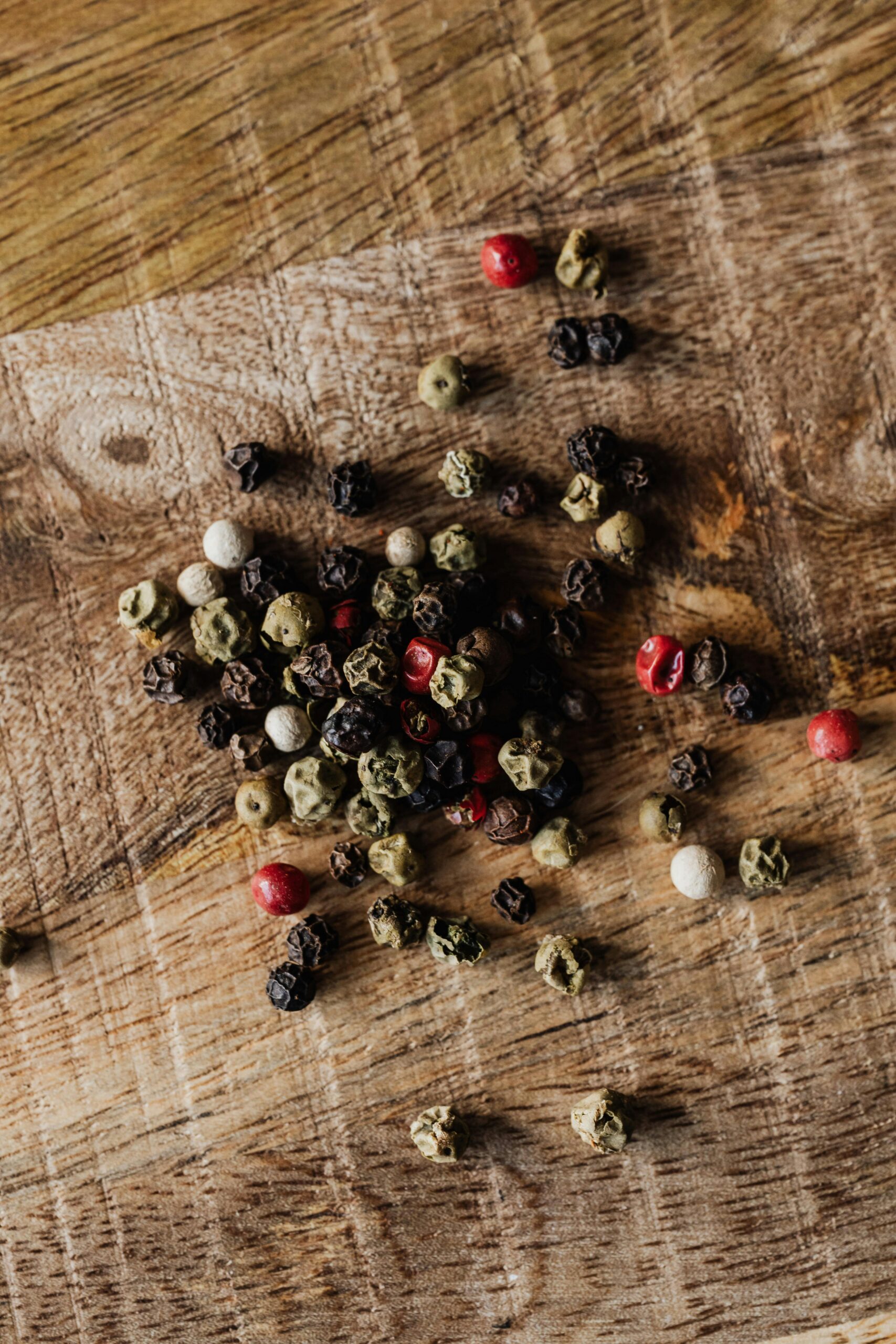
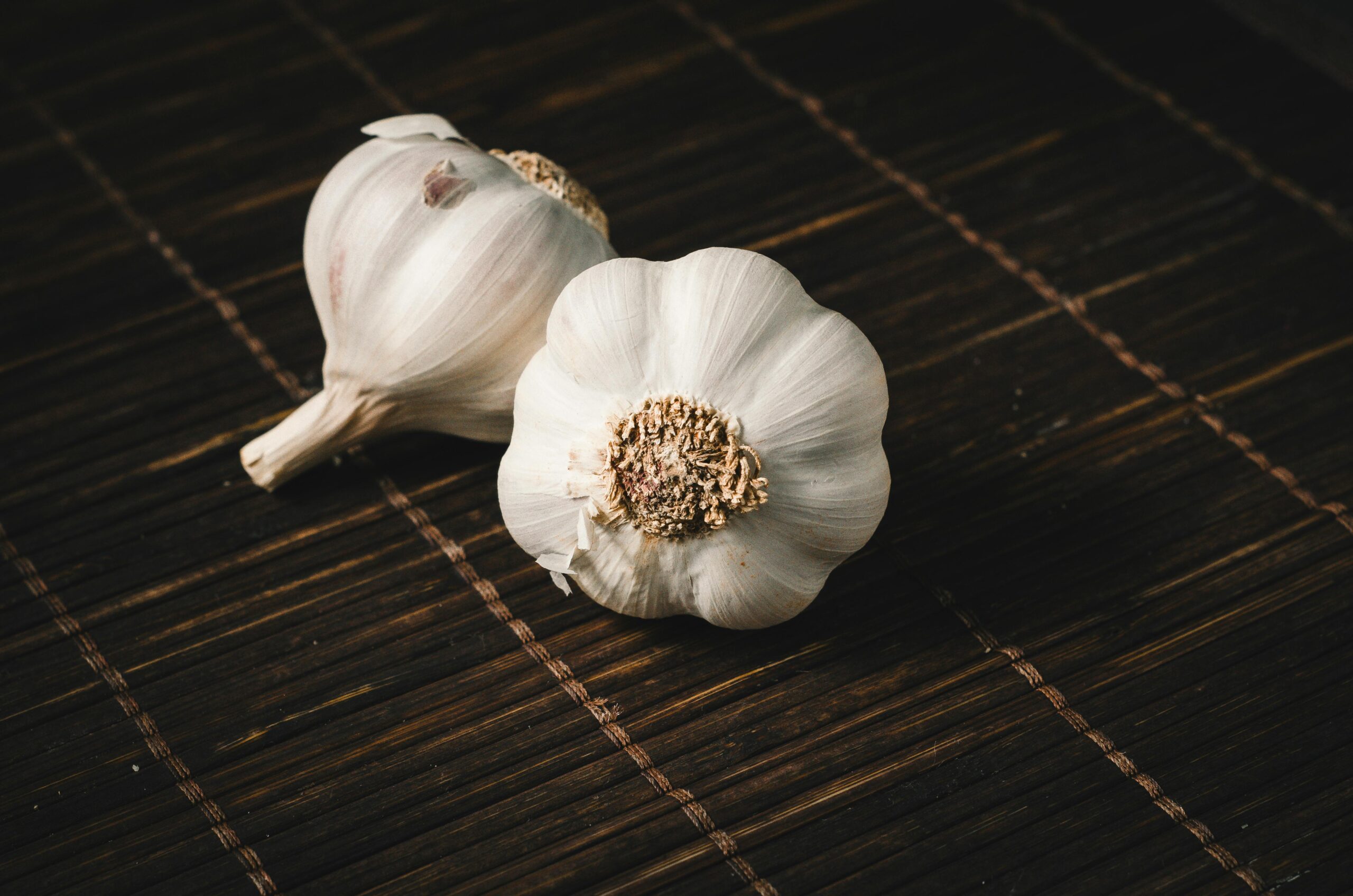

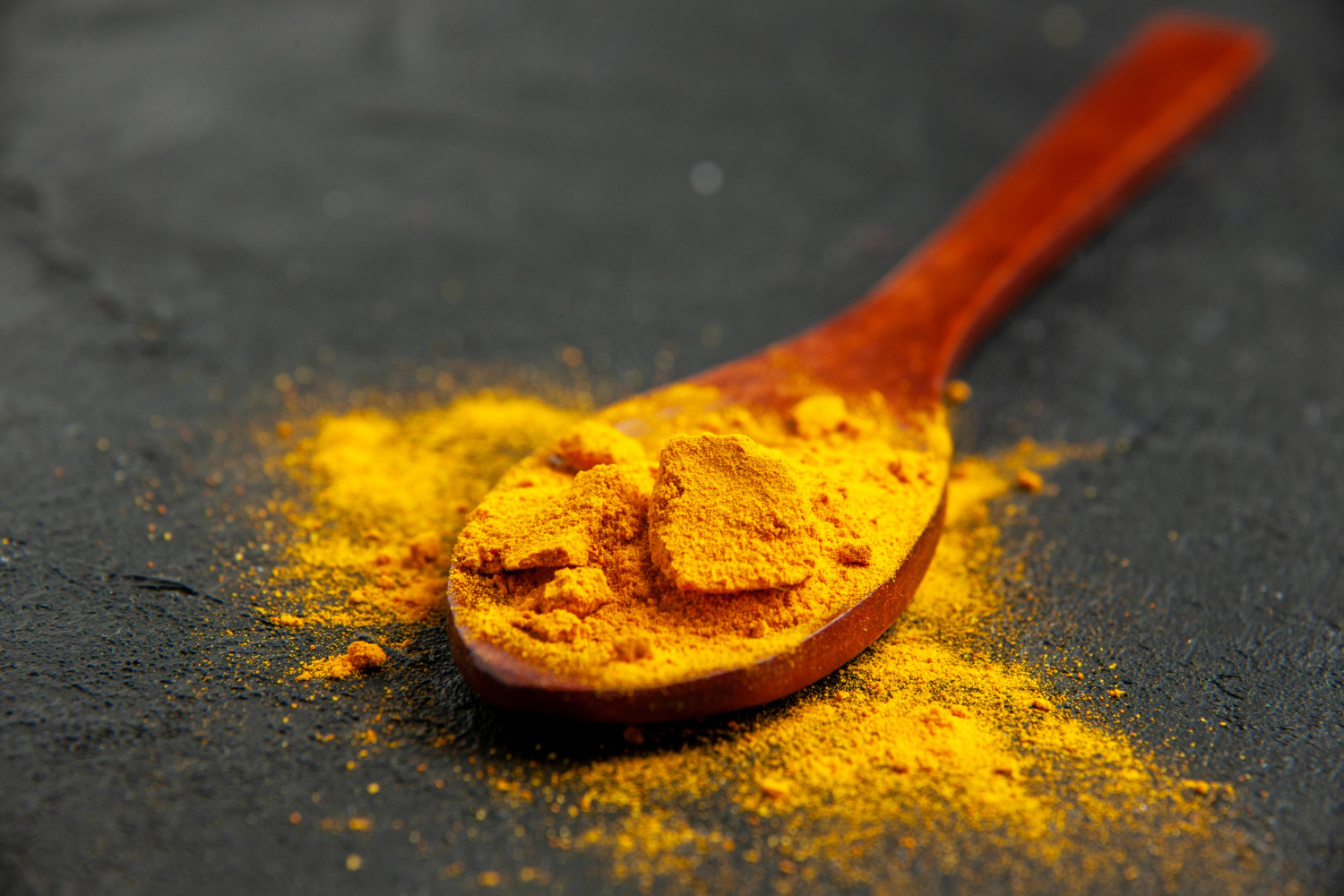

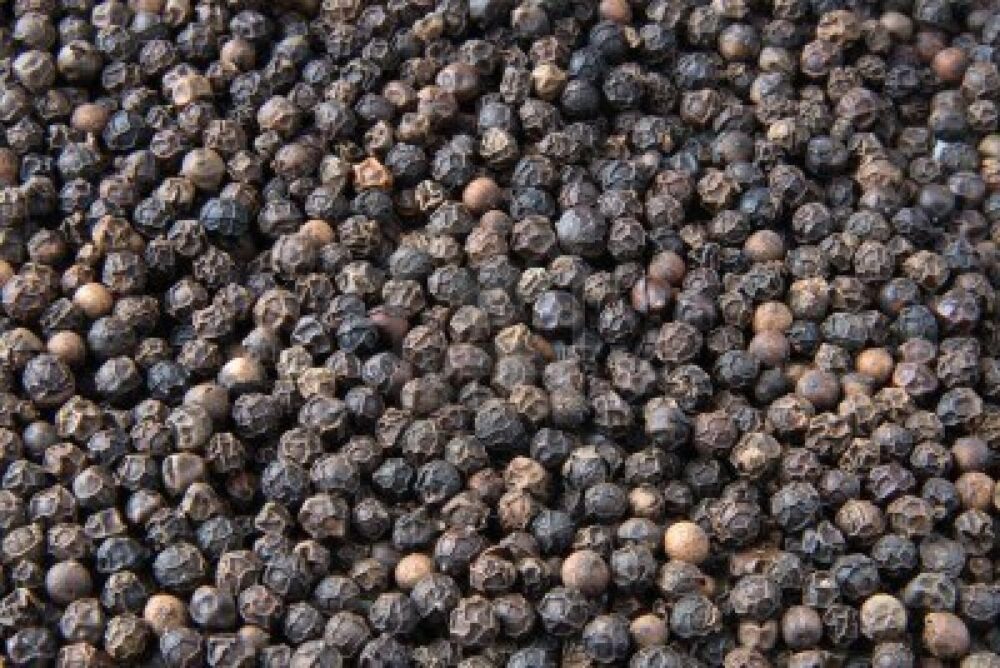

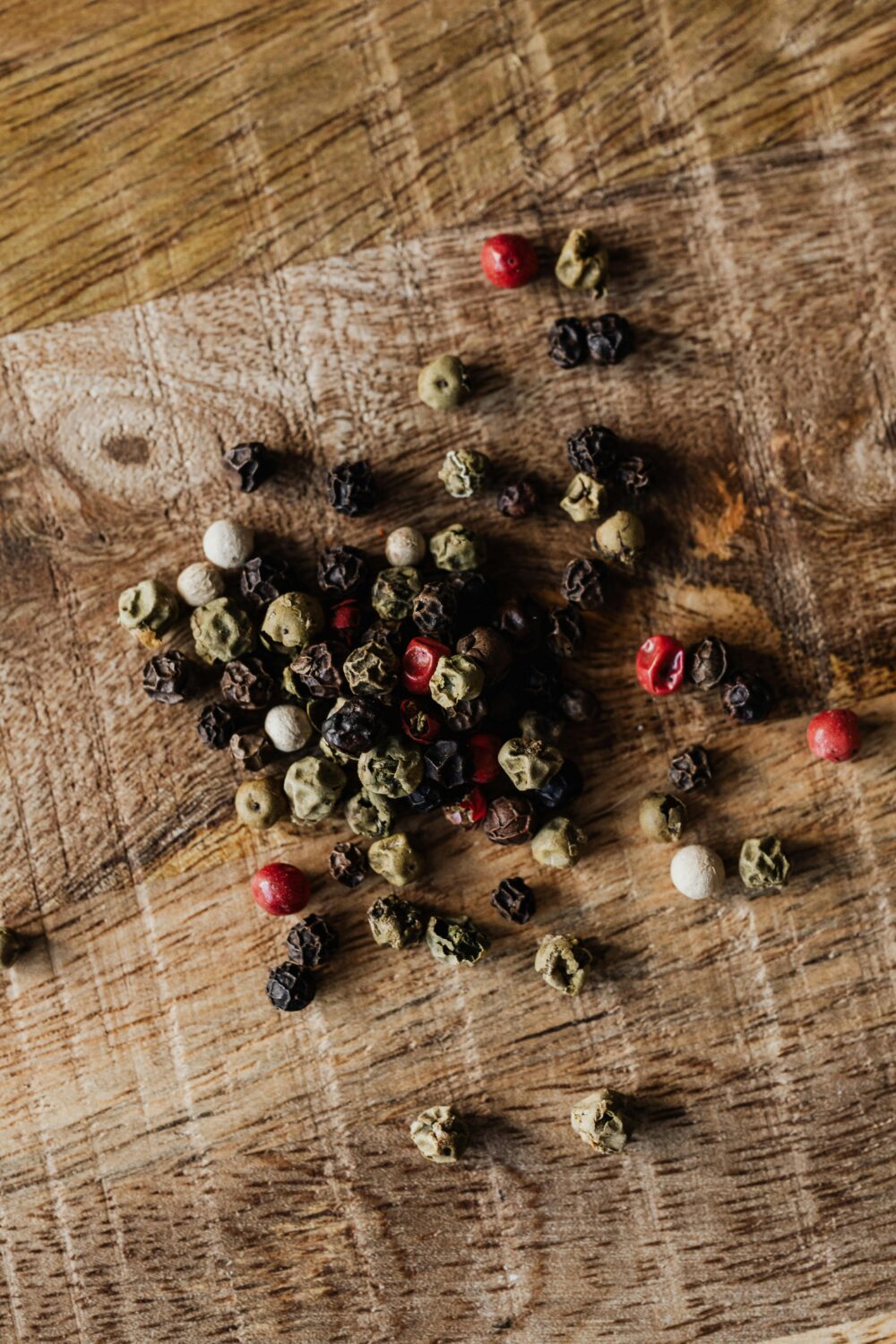
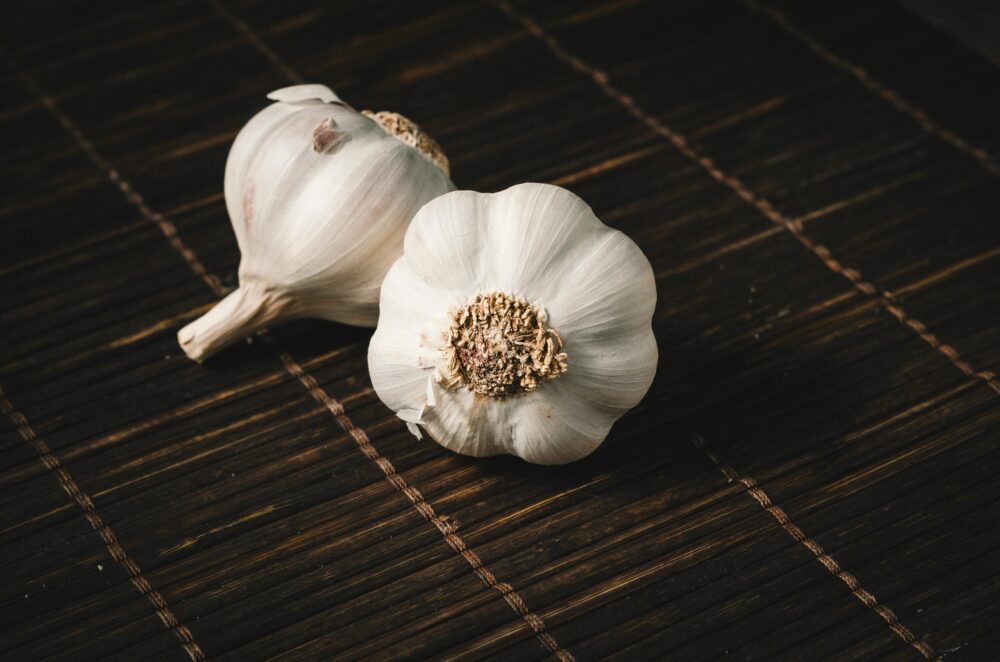

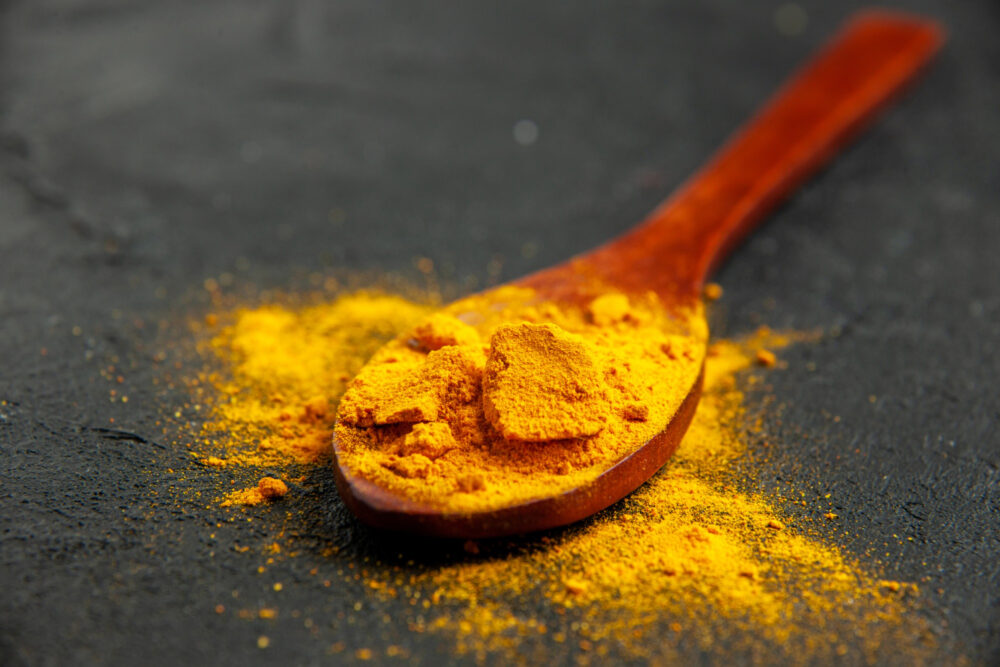
Spices
Our range of Spices includes a variety of high-quality, pure, and aromatic products, such as turmeric, cumin, cardamom, and others. These spices are carefully selected, processed, and packed to maintain their natural flavors and health benefits. They are widely used in culinary, pharmaceutical, and cosmetic applications.
- Appearance: Whole, ground, or powdered form (depending on the spice types
- Odor and Taste: Characteristic of the specific spice (e.g., aromatic, pungent, or sweet)
- Moisture Content: ≤ 12% (varies based on the spice type)
- Purity: ≥ 99% (free from foreign matter, dirt, and adulterants)
- Order in the next to get it by February 19, 2026
- Real Time 253 Visitors Right Now
Description
Spices, derived from various parts of plants (like seeds, roots, bark, and fruit), have been used for centuries to add flavor, aroma, and medicinal properties to food. Beyond enhancing taste, spices offer numerous health benefits, thanks to their rich content of antioxidants, vitamins, minerals, and anti-inflammatory compounds. Here’s a closer look at the benefits and uses of common spices::
- Health Benefits of Spices
- Antioxidant Power: Many spices, such as turmeric, cloves, and cinnamon, are rich in antioxidants, which help protect cells from damage by neutralizing free radicals and may reduce the risk of chronic diseases.
- Anti-inflammatory Effects: Turmeric, ginger, and cinnamon contain compounds that help reduce inflammation in the body, which can relieve pain and may help manage inflammatory conditions like arthritis.
- Boosting Immunity: Spices like garlic, ginger, and cloves have antimicrobial properties that help boost immune function, reduce infections, and protect against seasonal illnesses like colds and flu.
- Improved Digestion: Spices such as cumin, fennel, and coriander are known to aid digestion by stimulating digestive enzymes, reducing bloating, and preventing gas.
- Heart Health: Spices such as cinnamon, garlic, and turmeric have been shown to improve blood circulation, reduce cholesterol levels, and regulate blood sugar, promoting cardiovascular health.
- Enhanced Metabolism: Certain spices like cayenne pepper and black pepper contain compounds that can boost metabolism and aid in weight management by promoting thermogenesis (calorie burning).
- Common Uses of Spices
- Culinary Flavoring: Spices are fundamental in cooking, adding flavor, depth, and aroma to dishes. They can be used in marinades, sauces, curries, soups, desserts, and more.
- Preservation: Spices like mustard seeds, cloves, and turmeric have natural preservative qualities that help extend the shelf life of foods, particularly in pickling and canning.
- Beverages and Teas: Spices like cinnamon, ginger, and cardamom are popular in teas, lattes, and beverages, adding warmth and enhancing flavors. They also offer additional health benefits, like aiding digestion and reducing inflammation.
- Seasoning Mixes: Many spices are blended to create seasoning mixes such as curry powder, garam masala, chili powder, and Italian seasoning, enhancing specific cuisines and dishes.
- Medicinal Remedies: In traditional medicine, spices are used in remedies for various ailments. Ginger tea, for instance, is commonly used to treat nausea, while turmeric milk is consumed for its anti-inflammatory benefits.
- Aromatherapy and Skincare: Spices like cinnamon and cloves are also used in essential oils, creams, and scrubs for their aromatic and skin-beneficial properties. Many provide a warming sensation and can be used in massages to relieve sore muscles.
- Specific Benefits and Uses of Popular Spices
- Turmeric: Contains curcumin, a powerful anti-inflammatory and antioxidant compound. Turmeric is used in curries, teas, and golden milk and helps reduce inflammation and promote joint and skin health.
- Ginger: Known for its anti-nausea and digestive-aiding properties, ginger is widely used in teas, stir-fries, and desserts. It also helps reduce inflammation and alleviate cold symptoms.
- Cinnamon: Contains cinnamaldehyde, which has anti-inflammatory, antioxidant, and antimicrobial properties. Cinnamon is often added to oatmeal, desserts, and hot beverages, and it may help regulate blood sugar levels.
- Garlic: High in sulfur compounds like allicin, garlic is antimicrobial and heart-friendly. It’s used in savory dishes for its flavor and health benefits, including improving immunity and heart health.
- Black Pepper: Contains piperine, which enhances nutrient absorption and has anti-inflammatory effects. It’s used in nearly all cuisines as a flavor enhancer and helps improve digestion.
- Cloves: Rich in eugenol, a compound with potent antioxidant and antimicrobial effects, cloves are used in both sweet and savory dishes and can relieve tooth pain and improve oral health.
- Cardamom: Known as the “Queen of Spices,” cardamom is rich in antioxidants and has a distinct, sweet flavor. It’s used in teas, desserts, and savory dishes and can aid digestion and freshen breath.
- Cumin: Aids digestion, improves immunity, and adds a warm, earthy flavor to dishes. It’s commonly used in soups, curries, and spice blends like garam masala.
- Fenugreek: Often used in Indian cooking, fenugreek has a slightly sweet, nutty flavor. It’s known for its ability to improve digestion, control blood sugar, and increase milk production in breastfeeding women.
- How to Use Spices in Daily Life
- Add to Meals: Use spices to enhance the flavor of everyday meals. For example, sprinkle cinnamon on oatmeal, add turmeric to rice or soup, and use garlic and cumin in stir-fries.
- Make Herbal Teas: Brew a tea with spices like ginger, cinnamon, and cardamom for a warming, health-promoting drink.
- Spice-Infused Oils: Create flavored oils by infusing olive or coconut oil with spices like garlic, chili flakes, or rosemary for use in cooking or as salad dressings.
- Smoothie Additions: Add a pinch of cinnamon, turmeric, or ginger to smoothies for an extra health boost.
- Homemade Spice Blends: Create your own spice blends for specific recipes, like taco seasoning, chai spice, or Italian herb mixes.
- Precautions and Considerations
- Moderation: While spices offer health benefits, they should be used in moderation. Excessive intake can lead to digestive discomfort or, in some cases, allergic reactions.
- Pregnancy and Specific Health Conditions: Certain spices, such as large amounts of cinnamon or fenugreek, may not be suitable for pregnant women or individuals with certain health conditions. Consult a healthcare provider when in doubt.
- Storage: Spices should be stored in a cool, dry place to retain their flavor and potency. They lose their potency over time, so it’s best to buy them in small quantities.
Summary
Spices not only add flavor and aroma to food but also provide an array of health benefits, from boosting immunity to improving digestion and reducing inflammation. They’re versatile, offering culinary, medicinal, and even skincare uses. Incorporating spices into daily meals is a simple way to enhance both health and flavor, but they should be used thoughtfully to enjoy their benefits fully.
Reviews
There are no reviews yet.